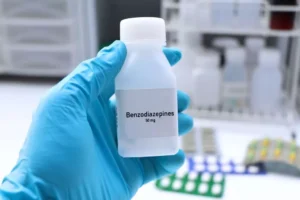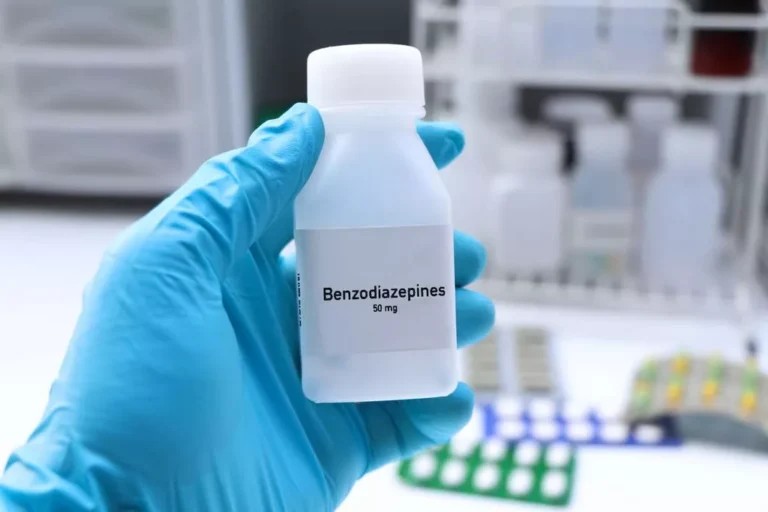
You may find quotes or ideas in a beloved film or the pages of a novel. The words that put color in your world may come from inspiring figures the world over or loved ones close to your heart. Relevant – When setting relevant goals, these are the goals that align with your overall journey. Measurable – By tracking your progress, you can see where you started and how far you’ve come. Tracking measurable goals can be an excellent motivator for seeing your progress.
- Substance addiction brings with it a slew of conflicting emotions — shame, bitterness, resentment and frustration, to name but a few.
- At Little Creek Recovery, we believe in the potential for transformation and growth, regardless of the challenges you face today.
- It encompasses physical care, like maintaining a balanced diet and getting adequate rest, as well as mental care, including managing stress and cultivating a positive mindset.
- Even 5 minutes of intentional practice designed to support your success now and into the future can change your outlook- and your life.
- Understanding that your present circumstances are just the starting line can fundamentally alter your approach to recovery.
Redemption House Foundation
At Little Creek Recovery, we believe in the potential for change and growth in every individual. Our holistic and supportive approach is designed to empower you to overcome addiction and embrace a future filled with hope, resilience, and fulfillment. Setting realistic and achievable goals is a practical way to cultivate hope.
- Little Creek Recovery supports individuals in identifying and working towards their personal growth goals.
- Remember, asking for help with your emotional healing is a sign of strength, and it’s an important step in your journey to a healthier and happier life.
- It’s a unique, nonlinear process that requires resilience, a solid support system, and a commitment to change.
- Recovery is often seen as a daunting process, primarily because it demands confronting the past and making significant life changes.
Starting Life in Recovery: 5 Tips For Your New Beginning

A strong support network is vital for emotional stability and accountability during recovery. Having people who understand and support your journey can make the process less isolating and more manageable. Your support network should include family, friends, support groups, and recovery communities. These connections provide emotional support, practical help, and encouragement as you rebuild your life. If you have been struggling with addiction, inpatient rehab programs offer round-the-clock care and support. This environment allows you to focus solely on your recovery, understand the root causes of your addiction, and develop new coping mechanisms.

Endings are always beginnings so feel both.

It’s a personal and unique journey, with no one-size-fits-all blueprint. The road is not always straight but full of bends, twists, and turns that demand adaptability and resilience. Adaptive strategies involve adjusting your recovery plan based on the lessons learned from setbacks. This might include seeking additional support, modifying coping mechanisms, or changing your environment. Flexibility and adaptability are key components of a resilient recovery journey.

Knowing what to anticipate during the early stages of recovery can better equip individuals with the necessary tools to conquer obstacles and celebrate victories. Engaging in activities that bring joy and fulfillment is vital for maintaining a balanced life. Hobbies, volunteer work, and creative pursuits provide a healthy outlet for expression and stress relief. Encouraging individuals to discover and engage in meaningful activities is a core aspect of the holistic approach at Little Creek Recovery. How you perceive and respond to them can significantly impact your progress. Viewing setbacks as learning opportunities rather than failures is crucial in maintaining long-term sobriety.
When you move into one of our houses, you’re not just moving into a sober house, you’re moving into a recovery community. We are dedicated to helping individuals in early recovery rebuild their lives. Understanding that your present circumstances are just the starting line can fundamentally alter your approach to recovery. This mindset encourages you to focus on the possibilities and opportunities that lie ahead rather than being weighed down by past mistakes or current struggles. Find space in your life each day to incorporate these tips that you choose to carry with you.
- Understanding your coverage details and the range of services it covers can help you make informed decisions about your treatment.
- One of the many ways our group of guys give back is by helping nonprofit organizations like Habitat for Humanity, where we volunteer our time to help build housing for those in need.
- You might also feel guilty about things that happened when you were using substances, and admitting these feelings can be tough.
- One hurdle in the early stages of recovery is dealing with cravings and temptations.
- Recognizing and celebrating these achievements boosts morale and reinforces the positive changes being made.
- If you’re new to goal setting, here is a quick breakdown of SMART goals and how you can maximize your chances of success.
Rick DelValle, who founded New Beginning and Redemption House, a group of sober living facilities in New Haven, said the team can bring those in need to him. Through the process of recovery, we have found that no feeling is surpassed more than that of being a part of something greater than ourselves. We’re growing every day, and we want to house as many people as we can. The complexity of both endings and beginnings in your life can also exist in your heart. Feeling a balance and inviting the pain alongside the excitement is not a failure or a step back.
Understanding the triggers and circumstances can provide valuable insights into what needs to be addressed New Beginning Recovery Review to prevent future occurrences. This reflective practice is encouraged at Little Creek Recovery, where individuals are guided to learn from their experiences constructively. Recovery is not just about overcoming addiction; it’s about building a resilient mindset that can navigate the ups and downs of life. Resilience, the ability to bounce back from adversity, is a critical component of long-term recovery.
